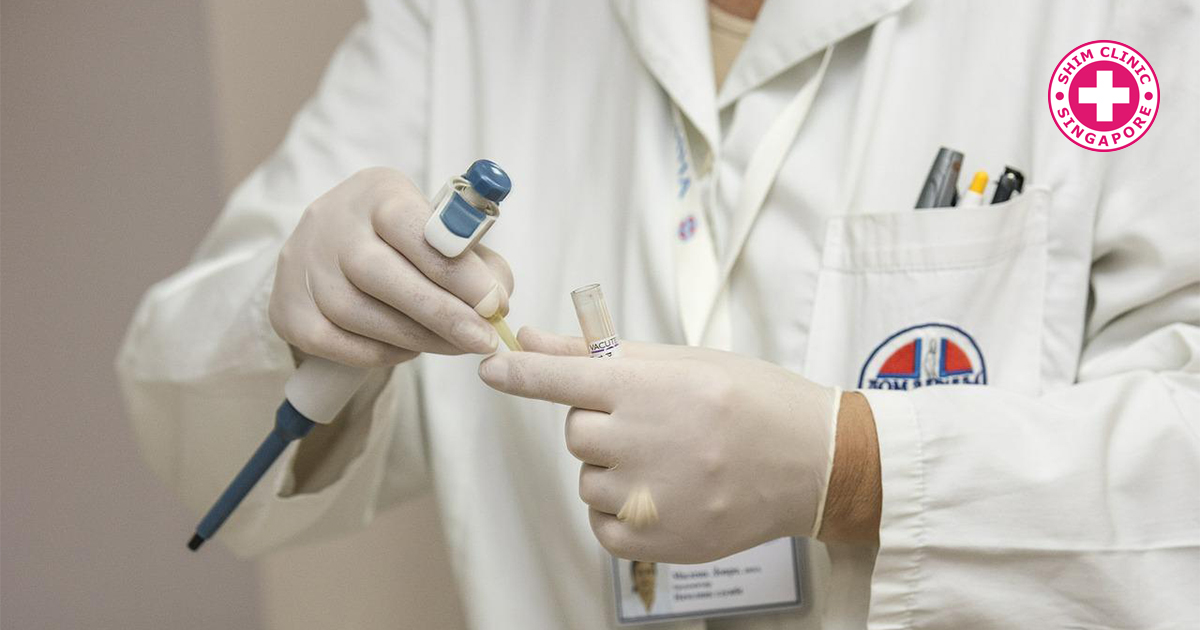Recent statistics suggest that 1 in 4 people will suffer from a sexually transmitted disease (STD) at some point in their lives. This is a scary figure, and one that can be better controlled with proper education and protection. The problem is that too many people want to avoid this topic. They’re either embarrassed by their sexual activity, or they don’t understand how to properly protect themselves. Doctors have heard it all. They aren’t going to be shocked if you come in with a question about something that you’re experiencing. Actually, most doctors would prefer that you come to them instead of letting small problems turn into big ones. Before starting sexual activity, it’s important to get all of the facts. An understanding of different methods of protection and what they can actually protect you from is a good place to start. In all reality, you are more likely to get an STD than you are to get pregnant.
This means that it’s imperative to focus on more than just contraception. Taking hormonal birth control or having any kind of contraceptive implant will not protect you against the spread of infection. This is true for both men and women. If you’re male and your partner is on oral contraceptives, you can still pass STDs. Almost all infections are passed via skin to skin and mucous membrane contact. Avoiding actual intercourse doesn’t prevent the spread of STDs either. There are ways to spread these infections orally and anally. Any time that you expose any part of yourself in a sexual way, it’s important to be protected.
Condoms are a good place to start, but they don’t cover all of the bases. You may need to talk to a physician about other forms of physically protective contraception. These coupled with hormonal birth control methods can protect against both pregnancy and the spread of STDs. It’s never too late to start learning how to protect yourself. If you’ve been having unprotected or under protected sex, it’s a good idea to regularly visit a clinic that specializes in STDs.
The people working there won’t judge you, and they’re specially trained in this field. They understand that everybody makes mistakes, and some people get into bad positions and need some help. STDs can be extremely serious, and it’s a matter of life or death to seek treatment. As soon as you think you’ve been exposed to an STD or experienced unprotected sex, go get tested! There are times when catching the otherwise deadly HIV virus can be completely stopped if caught within 72 hours of infection
Bacterial infections like syphilis and chlamydia can easily be cured with antibiotics if caught before the symptoms progress. If you choose to ignore these, they can develop into potentially life-threatening conditions. It’s absolutely not worth the risk to wait on treatment. Early treatment is the difference between extensive surgery and a simple shot full of the right antibiotics.
Viral infections are a bit different. The majority of these are present for the rest of your life. This doesn’t mean that they are always going to be in their active form. People who suffer from things like genital herpes will often have flareups when their symptoms return. There are medications that can keep flareups at bay, and allow them to lead a fairly normal life.
Living with a viral STD has been greatly improved with the development of medications and treatment options that can virtually eliminate the symptoms. The key to overcoming these is to be completely honest with your doctor and to seek treatment as quickly as possible.

